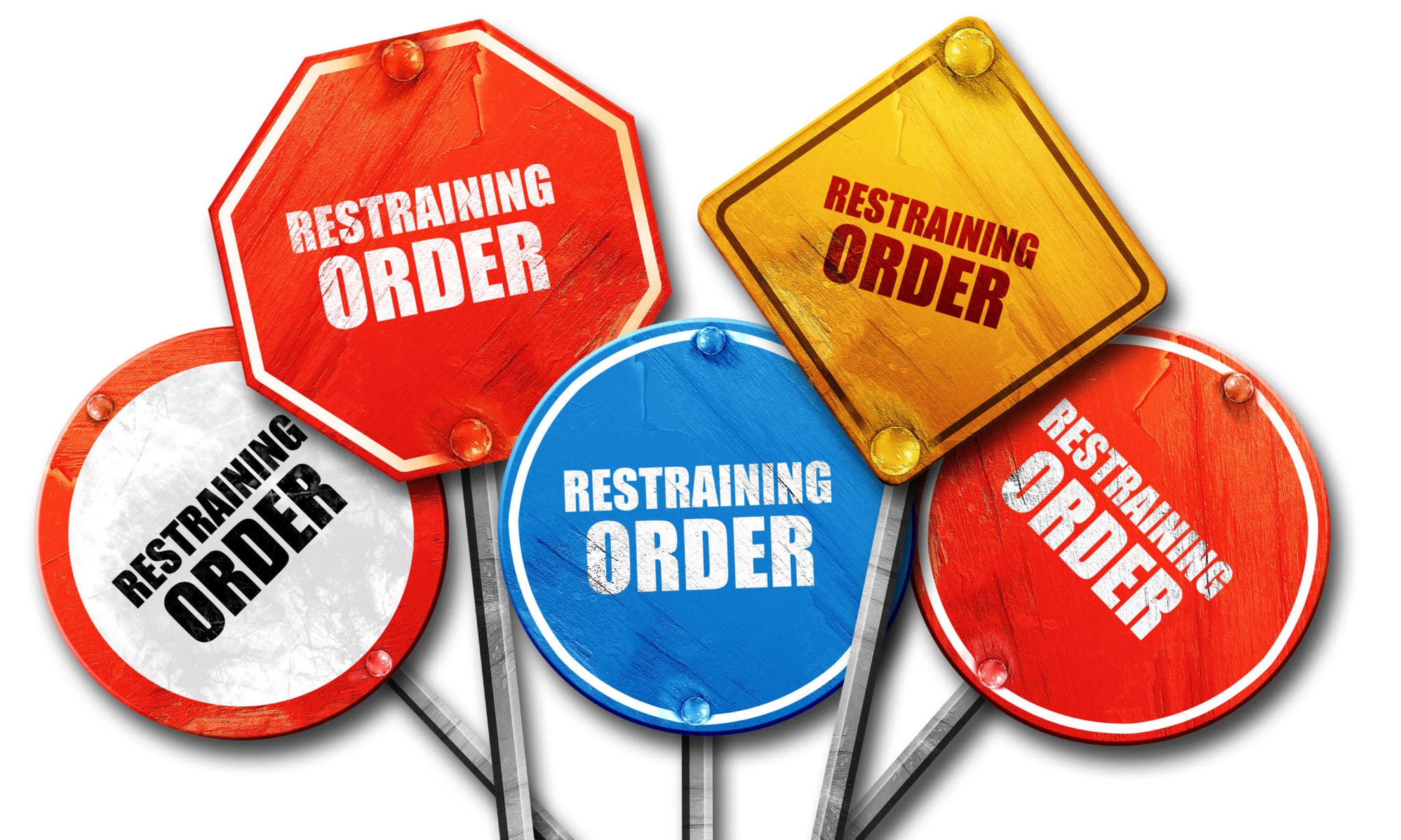Police Crack Down After Spike in COVID-19 Domestic Violence Cases
The COVID-19 shutdown has affected Americans in many ways. Aside from (and possibly due in part to) the financial impact, there have been a number of other unintended side effects of this pandemic.
Across the nation, authorities are seeing a noticeable rise in domestic violence cases being called in. The spike in domestic violence reports is particularly worrisome to police because they believe the actual number of incidents may be far larger and going unreported.
While increased stress in the home is understandable right now, the facts remain the same. In Illinois, domestic violence is a serious charge, and the consequences for a domestic violence conviction can leave you dealing with long term repercussions.
How Does Illinois Define Domestic Violence?
Domestic violence varies from state to state as to whether it is a specific crime or an enhancement to established crimes such as assault.
In the state of Illinois, domestic violence is a specific and separate charge from other crimes. You may be charged when you commit an act of “abuse” upon any member of your household.
Abuse is defined by Illinois law as “physical abuse, harassment, intimidation of a dependent, interference with personal liberty or willful deprivation but does not include reasonable direction of a minor child by a parent or person in loco parentis.”
For the purposes of the law, household members are defined as:
- family members related by blood
- Spouses and ex-spouse
- people who share or used to share a home
- two people who share children regardless of marital status
- people who are dating or used to date
- individuals with disabilities and their assistants
What Are the Penalties for Domestic Violence in Illinois?
Domestic violence is a serious crime in the state of Illinois. The severity of the charge depends on the factors surrounding the case. If there are previous charges the crime becomes much more severe.
Domestic Battery
Generally speaking, the criminal charge for domestic violence is domestic battery and aggravated domestic battery. Most civil domestic violence cases typically deal with emotional harm caused to a victim.
Domestic battery is a class A misdemeanor in the state of Illinois. The penalty for a class A misdemeanor is a jail sentence of no more than 1 year and/or a fine not to exceed $2,500. Probation and court-mandated counseling may also be required.
If a person has previously been charged with domestic battery, the charge is elevated to a class 4 felony. The punishment for a class 4 felony is between 1 and 3 years in prison and/or a fine not to exceed $25,000.
Aggravated Domestic Battery
The crime of aggravated domestic battery is considered a class 2 felony in Illinois. The penalty for a class 2 felony is between 3 and 7 years in an Illinois state prison and/or a fine not to exceed $25,000. Court-mandated counseling or probation may also be required in certain circumstances.
If a person has a previous aggravated domestic felony conviction, the penalty increases. For multiple offenses, the potential prison sentence increases to no more than 14 years.
Other Consequences of Domestic Violence

Other potential repercussions lie beyond the simple punitive measures of a domestic violence record. You could face a restraining order placed against you, and/or lose certain privileges and rights.
Depending on your line of work, domestic violence and domestic battery charges on your record are often associated with difficulties in finding employment.
If a relationship involves children and winds up in a custody battle, it may also become difficult for the offending party to win a custody dispute with a domestic violence charge, according to newer domestic violence legislation in Illinois.
About the Author:
Andrew M. Weisberg is a former felony prosecutor who now serves as a defense attorney in the greater Chicago area. He has extensive experience in handling all types of criminal cases, from sex offenses and domestic violence to retail theft-related crimes, murder, and drug crimes. His work has been recognized by Avvo, Expertise, National Trial Lawyers, and others, and he has been featured on countless news outlets for his experience and knowledge in criminal law.







 Blog Home
Blog Home 










